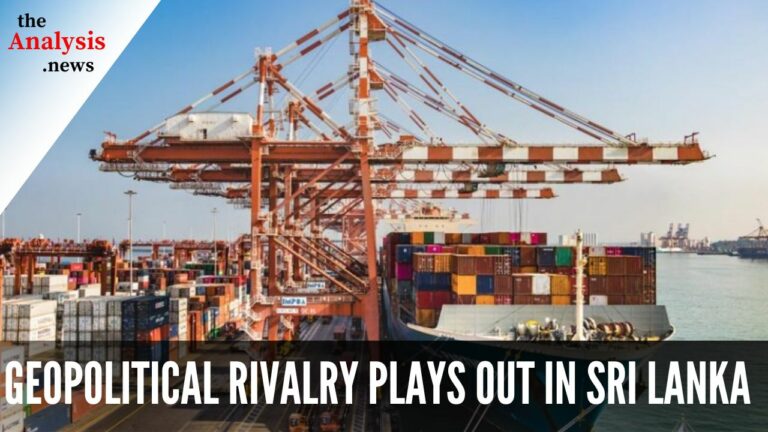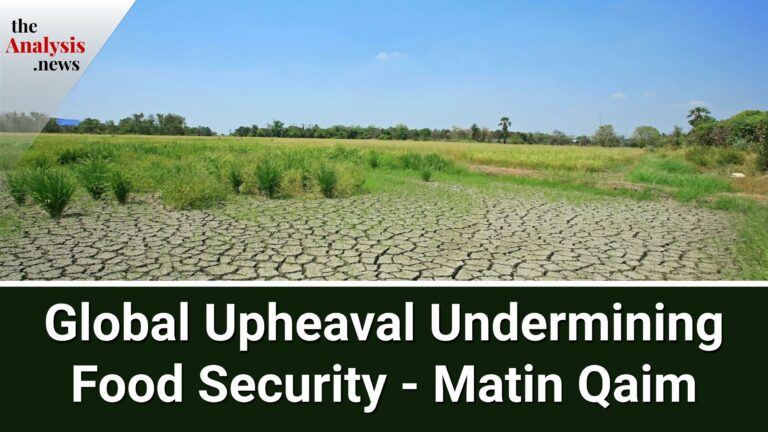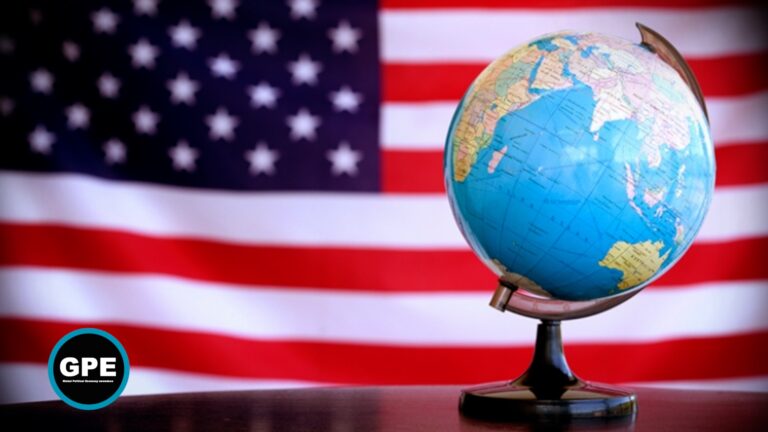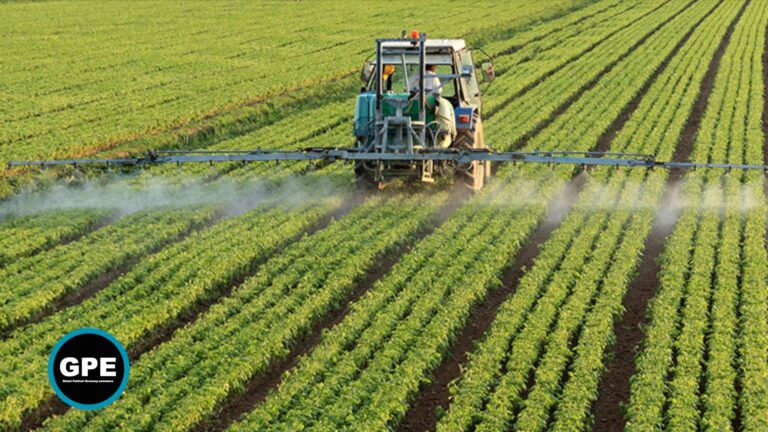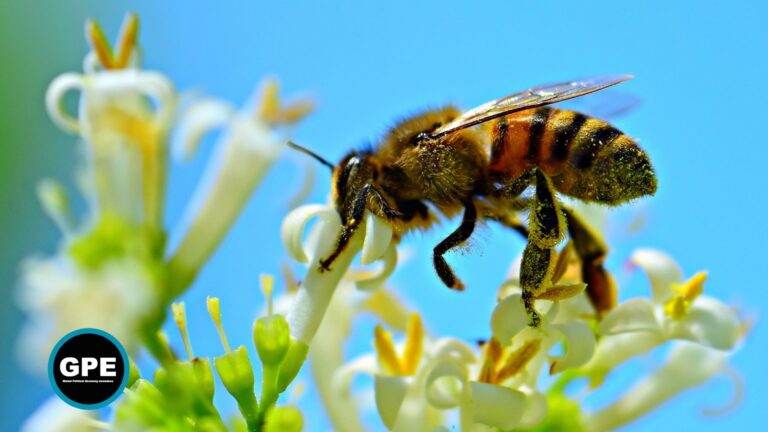How Indian, Chinese, and U.S. Corporations Vie for Control of Sri Lankan Ports – Asoka Bandarage part 2/2
Due to its prime geographical location in maintaining global value chains and shipping routes, the U.S., via the U.S. International Development Finance Corporation (DFC), as well as India’s Adani Group and China, are all investing in Sri Lanka’s ports. In part 2, sociologist Asoka Bandarage discusses how many countries and multi-national corporations treat Sri Lanka as testing and dumping grounds, exemplified by reports that the Dali ship, which crashed into the Baltimore Bridge, was carrying hazardous waste to Sri Lanka.
